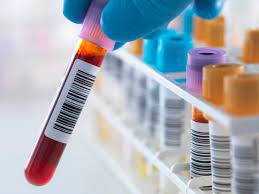What controls blood sodium levels?
It is complicated (very). Essentially, the kidneys, heart/blood vessels, adrenal and pituitary glands work together to regulate sodium levels in the blood.

Kidneys
- Filter sodium from the blood and excrete it in urine
- Retain sodium when blood sodium levels are low
- Release water when sodium levels are high.
Heart and blood vessels
- Detect changes in sodium levels and blood volume
- Stimulate the kidneys to increase sodium excretion when levels are too high.
Adrenal glands
- Secrete aldosterone when blood sodium levels are low
- Aldosterone causes the kidneys to retain sodium and excrete potassium
- Part of the renin, angiotensin, aldosterone (RAS) system
- Works together to regulate sodium and potassium levels
- Renin converts angiotensinogen to angiotensin I, which is then converted to angiotensin II
- Angiotensin II narrows blood vessels, which raises blood pressure, and stimulates the release of aldosterone.
Pituitary gland
- Sodium/water levels sensed by hypothalamus that stimulates pituitary gland
- Antidiuretic hormone (ADH; or vasopressin) secreted by the pituitary gland when blood sodium levels are low
- Causes the kidneys to conserve water.
Summary
We have described what controls blood sodium levels. Its complicated but we hope this has helped.

